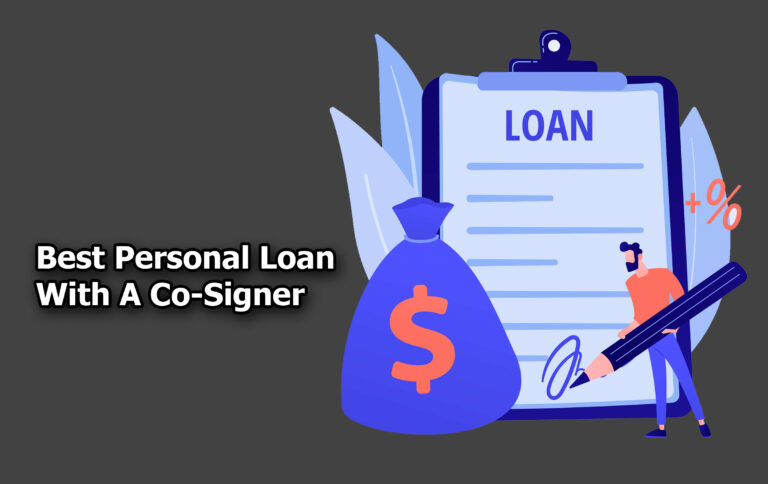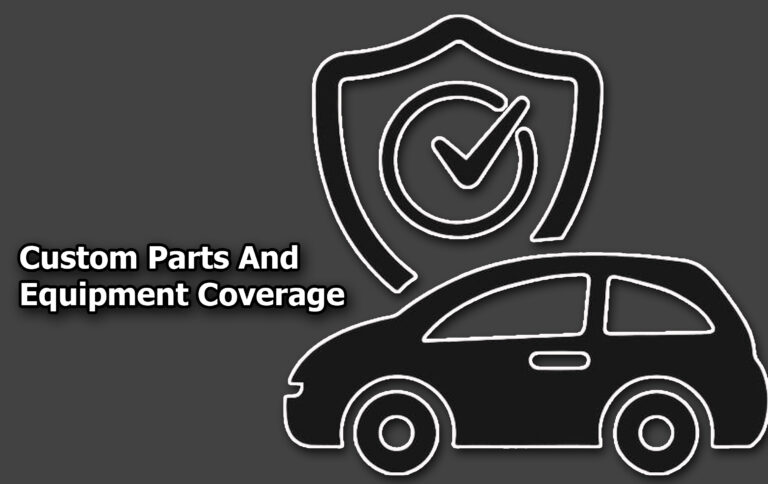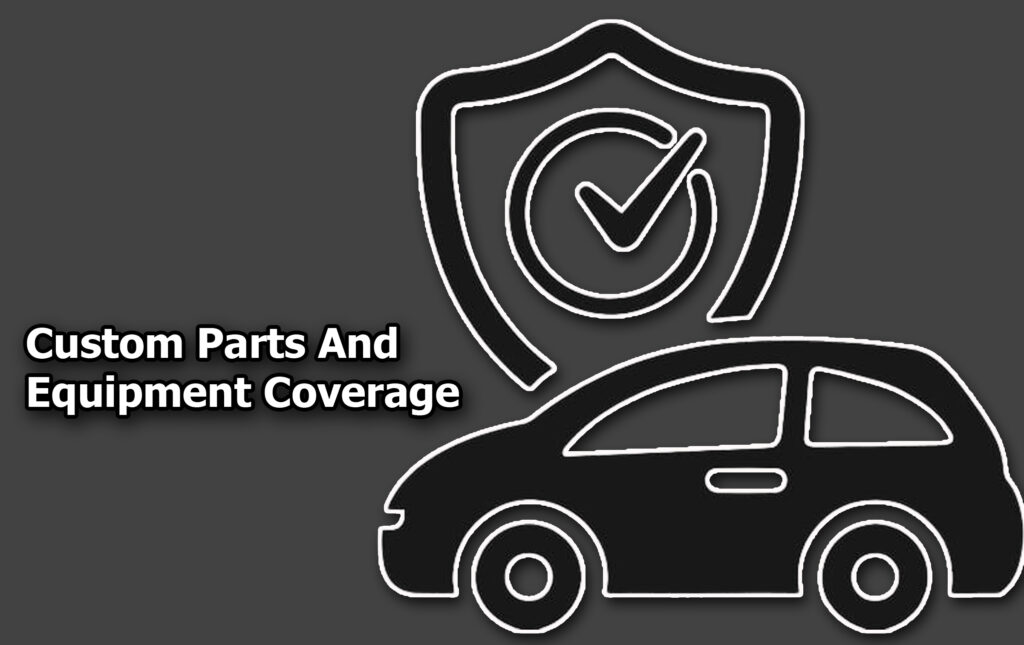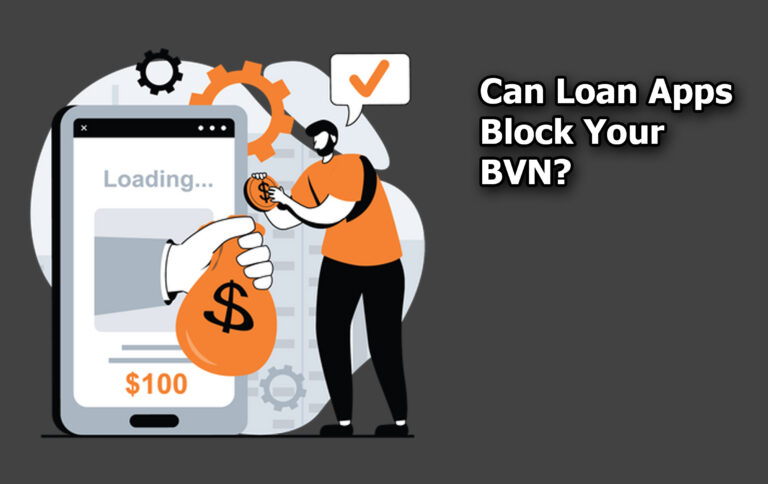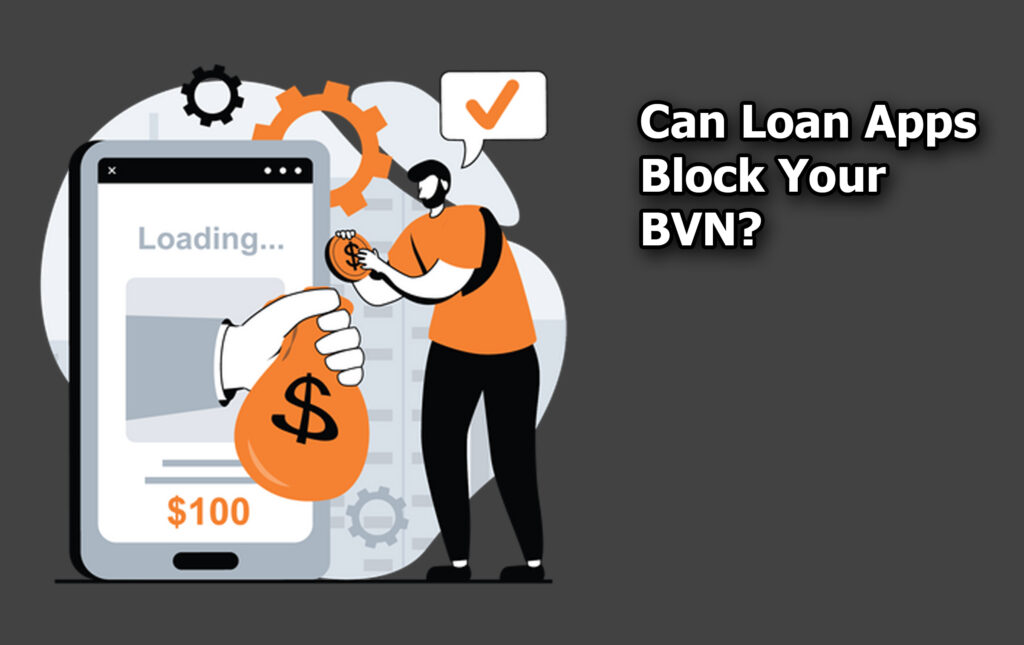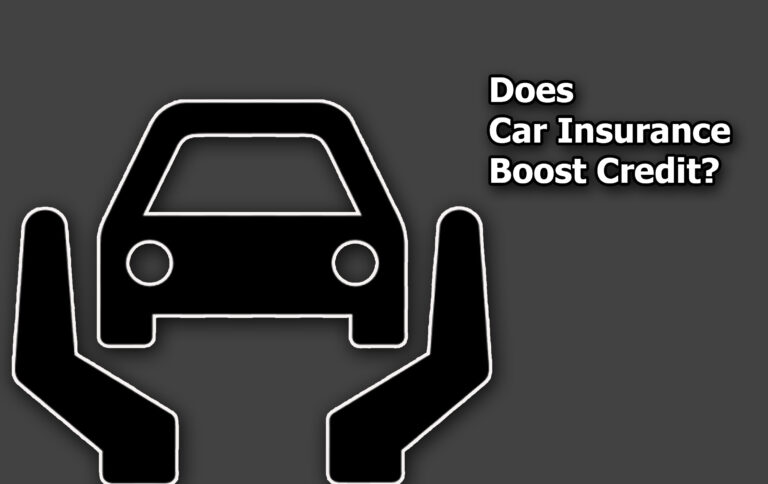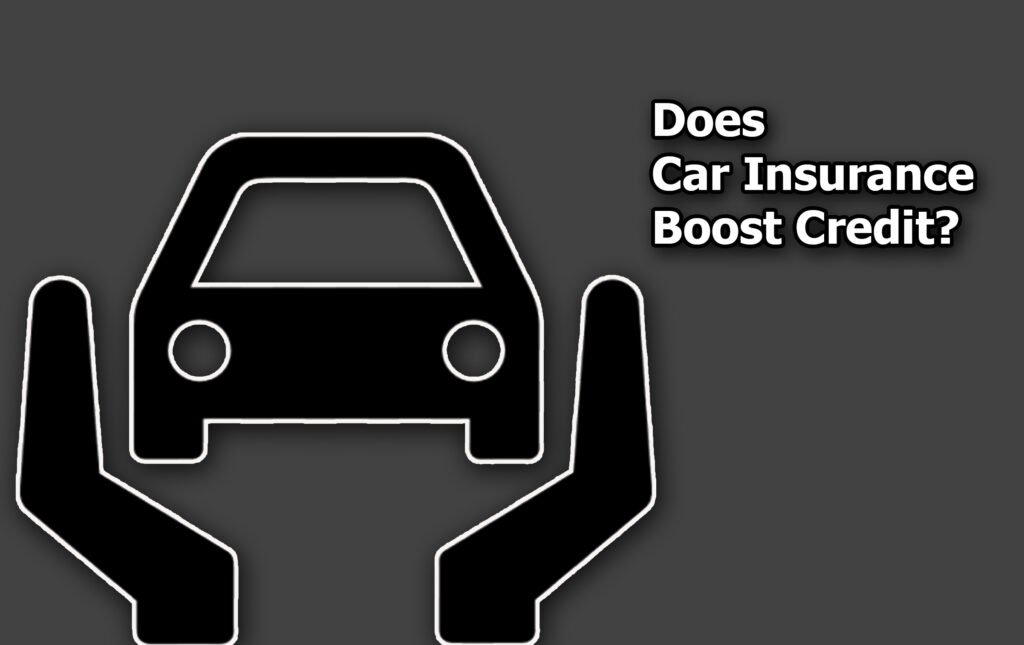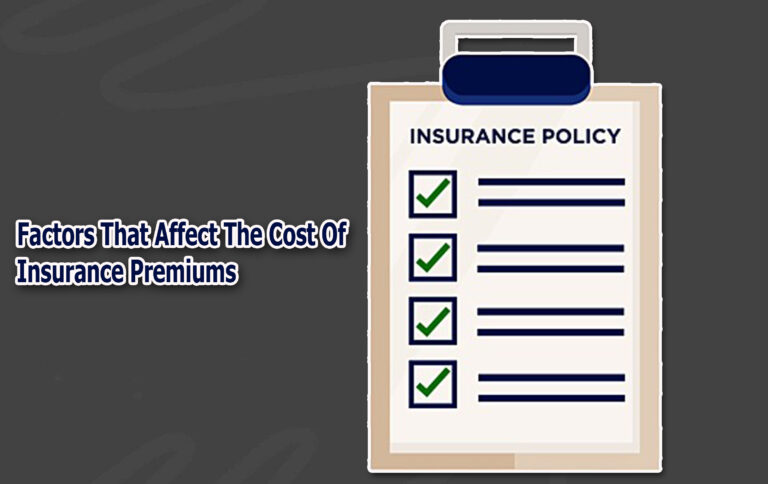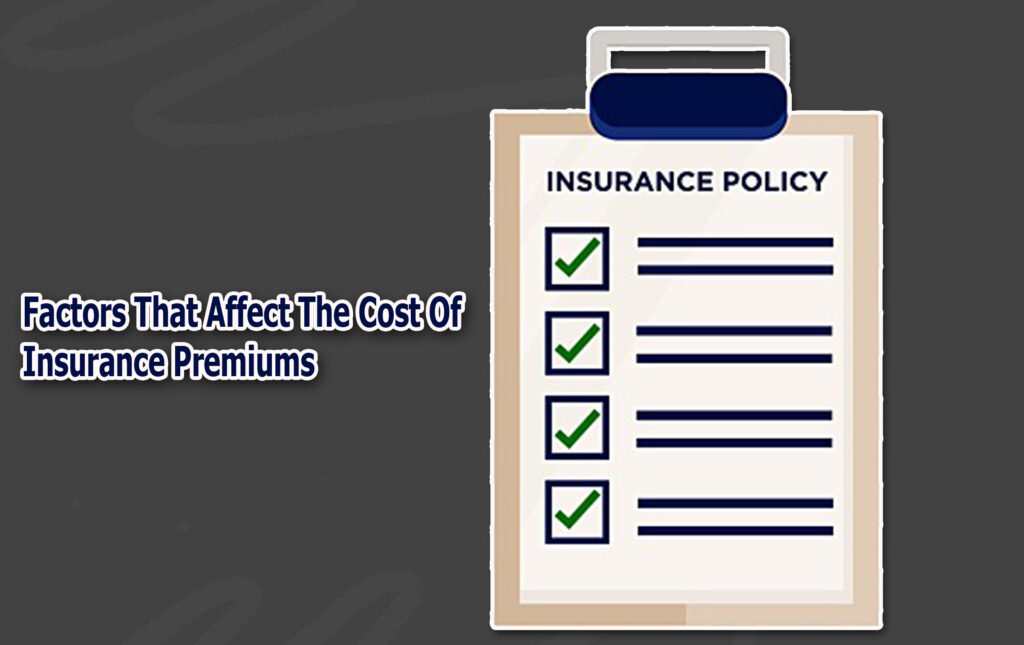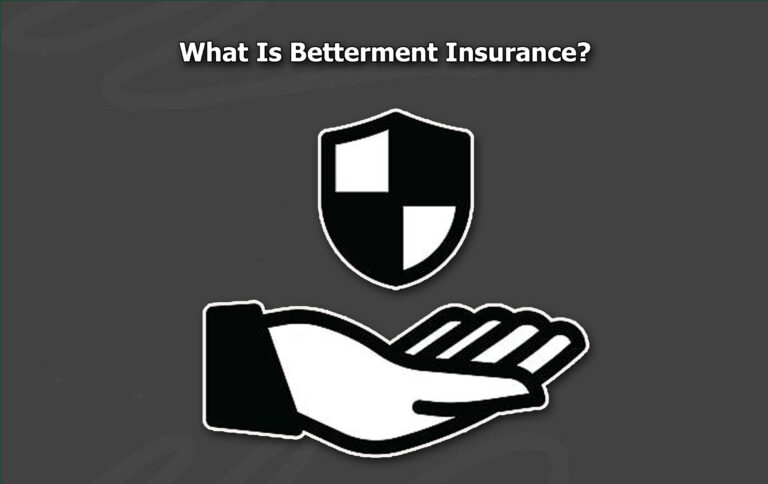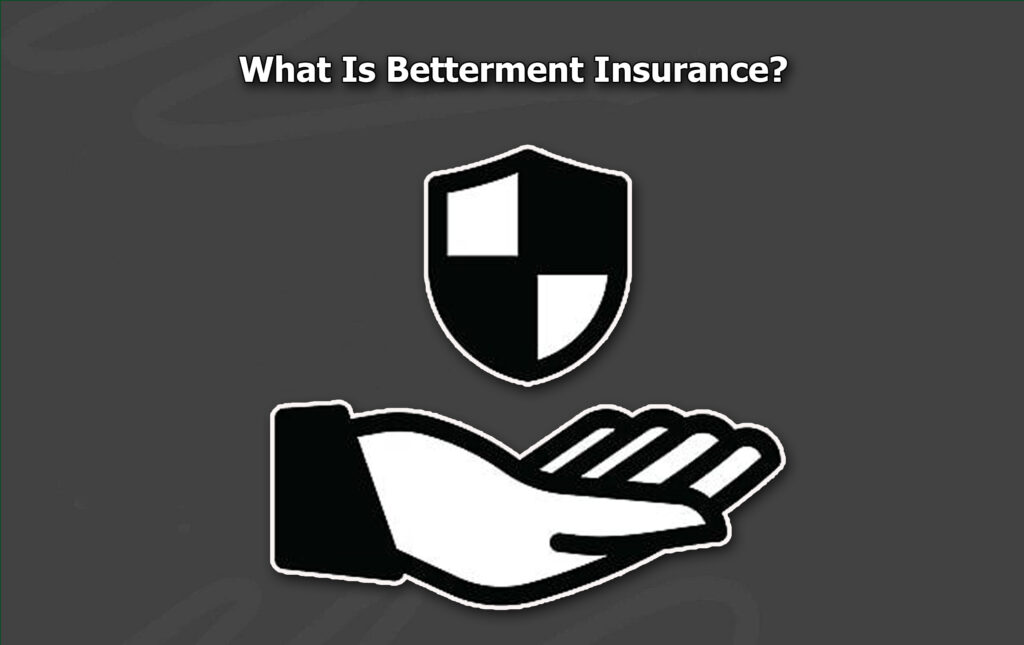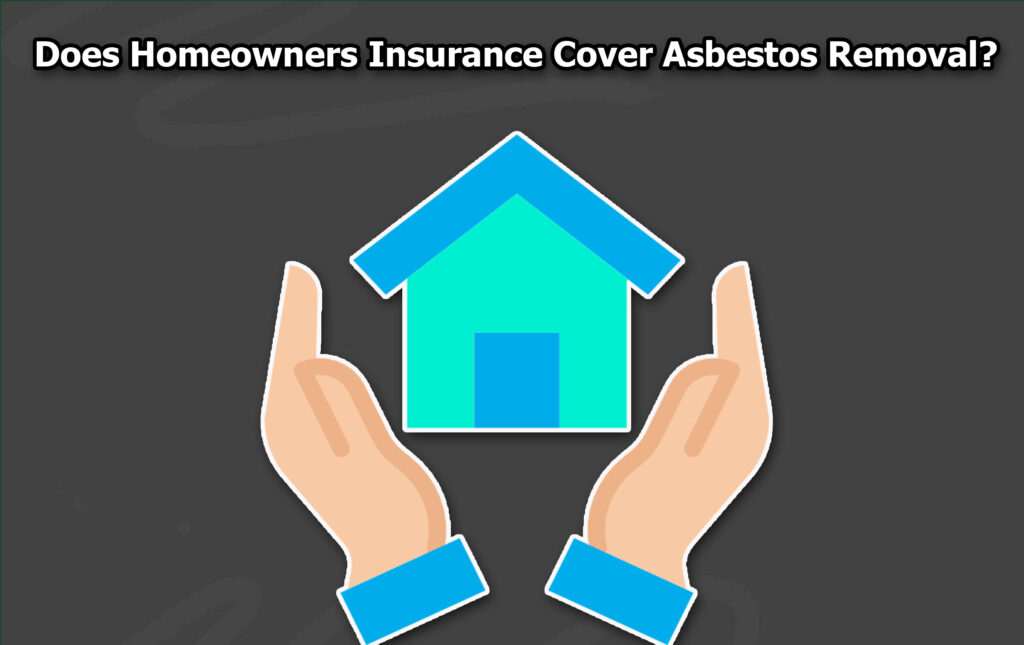Best Personal Loan with a Co-Signer – The process of finding the right personal loan to solve some issues can be a major step toward achieving your financial goals.
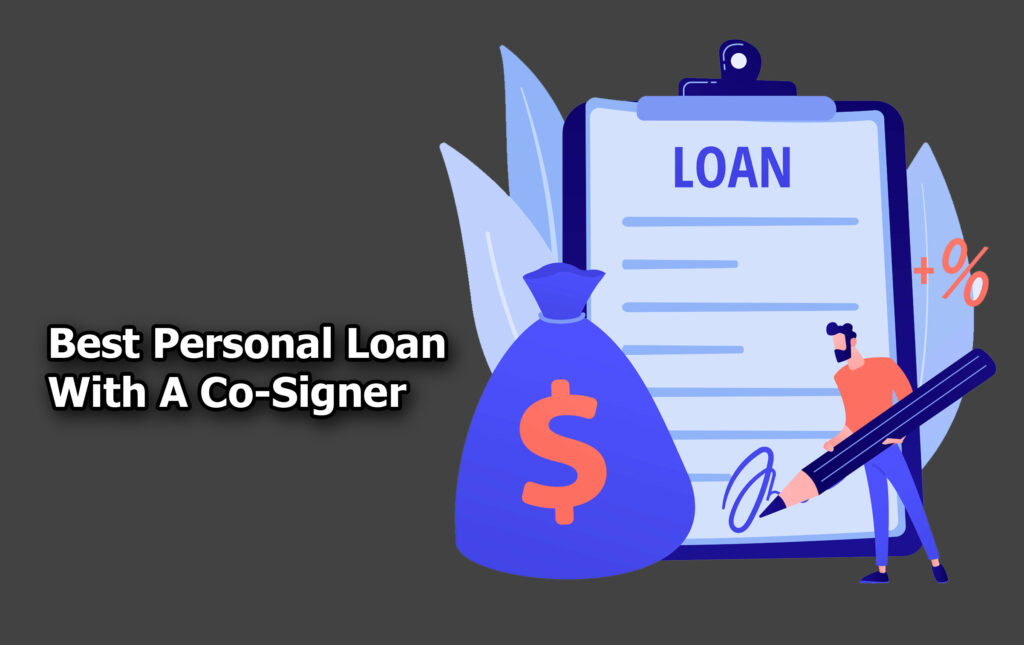
Most loans are taken primarily to solve issues like consolidating debt, covering medical expenses, or financing a large purchase.
However, many individuals usually come forward with poor credit history, limited credit experience, or unstable income. Hence, securing a personal loan independently can be a really tough challenge. Fortunately, this is where a co-signer comes into play.
A co-signer, usually a trusted family member or friend with a stronger credit profile, is one who agrees to take on the legal responsibility of repaying the loan if the primary borrower defaults.
This extra layer of security gives lenders more confidence and may increase the chances of loan approval, as well as access to better loan terms.
Furthermore, using a co-signer can unlock numerous opportunities. It can mean lower interest rates, higher loan amounts, and the chance to build or rebuild your credit score, provided the loan is repaid responsibly.
However, it also comes with significant responsibility and potential risks for both parties involved.
Why Consider A Personal Loan With a Co-Signer?
Many borrowers turn to co-signers out of necessity, but it’s important to understand the broader advantages and implications. A co-signer simply boosts your loan application by sharing their credit strength with you.
For lenders, this significantly reduces the risk, especially if your own credit score or income doesn’t meet standard requirements. But beyond just approval chances, co-signing can positively impact the overall terms of the loan.
Here are several reasons to consider getting a personal loan with a co-signer:
- If you’ve previously been denied a loan due to poor credit or insufficient income, taking on a co-signer can change the outcome.
- Lenders often offer reduced interest rates for loans backed by creditworthy co-signers.
- The co-signer’s income and credit standing can also increase the maximum amount you’re eligible to borrow.
- Additionally, making all your payments on time n-time can improve your credit profile, which sets you up for better independent borrowing in the future.
Best Personal Loan Lenders That Accept Co-Signers
While we’re talking a big deal of all the pros a co-signer can bring to you when taking out a loan, it is important to understand that not all lenders allow co-signers, and those that do often have specific terms and conditions.
Hence, it is of great importance to compare multiple lenders to find the best fit based on interest rates, loan terms, and approval criteria. Here are some of the best personal loan lender that accepts Co-signers:
SoFi
SoFi is well-known for offering personal loans with flexible terms and no fees. Also, it allows co-signers and is a solid choice for borrowers with limited credit.
Some of their best features include offering loan amounts up to $5,000 to $10,000, an APR rang of 8.99% – 25.81%, loan terms from 2 to 7 years, etc. Other great perks include no origination fees, unemployment protection, and member benefits.
LightStream (A Division Of Truist)
LightStream offers competitive rates for borrowers with good to excellent credit and allows co-signers for improved rates and approval chances.
Their loan amounts ranges from $5,000 – $100,000, a 7.49% – 25.49% APR range (with autopay), and loan terms ranging from 2 to 12 years.
Additionally, they also offer a same-day funding program.
Sallie Mae
While this lender is best known for student loans, Sallie Mae offers personal loans and is one of the few lenders that actively encourage co-signers. What’s more, their loan amounts ranges from $1,000 – $100,000, with loan terms ranging from 1 to 5 years.
Also, their APR Range varies by credit profile and this lender is ideal for educational expenses or life events like weddings
Laurel Road
Laurel Road, a division of KeyBank, is another legit lender that offers personal loans to professionals and includes co-signer options to support young borrowers.
Their loan amounts ranges from $5,000 – $45,000, while offering a loan term of 3 to 5 years. Their APR Range ranks among 8.01% – 16.30% (with autopay) and this lender is reputed to be good for medical professionals and recent grads.
How To Choose The Right Co-Signer Loan
Before you select and settle for a personal loan with a co-signer, you must first look at the full picture. It’s more than just rates; your choice should reflect your financial goals and repayment ability.
Here are the following features you must access when comparing loan options:
- Interest Rate & APR: Choose the lender offering the lowest APR with a co-signer.
- Repayment Terms: Look at monthly payments, loan duration, and prepayment flexibility.
- Fees: Avoid lenders that charge excessive origination, late, or prepayment fees.
- Lender Reputation: Choose companies with strong reviews and customer service.
- Impact on Credit: Ensure you make all your payments on time to avoid negative effects on both your and your co-signer’s credit scores.
Additionally, applying with a co-signer requires transparency. This is why you must ensure your co-signer understands their responsibility, and create a plan to ensure timely repayment every month.
A default could damage the relationship and harm both credit profiles.
Risks Of Taking A Loan With A Co-Signer
While there are benefits, co-signed loans come with risks, particularly for the co-signer. If payments are missed, the lender will hold the co-signer equally responsible. This can lead to:
- Credit Damage: Late payments or default affects both parties’ credit.
- Relationship Strain: Money issues can lead to personal fallout, especially among family or friends.
- Financial Strain: The co-signer may be required to cover missed payments.
That’s why communication and a repayment plan are critical before applying. You should only ask someone who fully trusts you and understands the stakes.
Frequently Asked Questions
What Credit Score Does A Co-Signer Need?
Most lenders prefer a co-signer with a credit score above 700, although some may accept scores in the mid-600s if income and other factors are strong.
Can A Co-Signer Help Me Get A Lower Interest Rate?
Yes, it’s possible. A co-signer with good credit can significantly reduce your interest rate, saving you money over the life of the loan.
What Happens If I Miss A Payment?
The lender will contact your co-signer for repayment. Both your credit scores will be negatively affected, and the co-signer will be legally liable for the debt.
